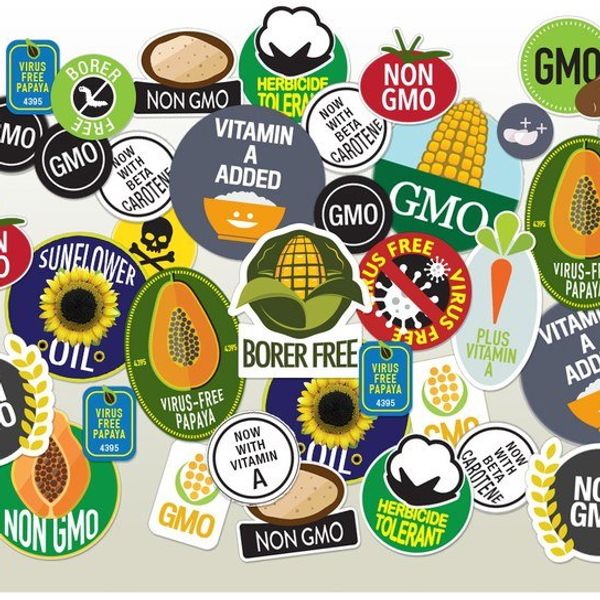The Trans-Pacific Partnership (TPP) is a free trade agreement that is currently being negotiated amongst the U.S. and 11 other pacific countries. If the TPP comes to fruition, it will become the biggest international trade deal in history. Here is a breakdown of what the TPP is and why it is important to be informed about it.
The TPP covers a wide range of areas amongst its member nations including removal of barriers to trade, intellectual property, and standards for labor and environmental laws. The TPP will have numerous impacts on jobs, prices of medication, food safety, and environmental standards.
Historically, the TPP is an expansion of a previous trade agreement called the Trans-Pacific Strategic Economic Partnership Agreement (TPSEP), which was created in 2006. It was planned that negotiations would be finished by 2012 but issues such as agriculture and disagreements over intellectual property rights have extended negotiations. Japan is hesitant to open up its agricultural markets while the U.S. proposals for copyright protection have been rejected by other member nations. Wikileaks' exposure of a chapter of the TPP showed that there were 19 points of disagreement with America’s proposals in the Intellectual Property Rights area of the treaty.
The negotiation of the TPP has been controversial, particularly due to the fact that the negotiations have been kept secret from the public. The only information we have about this potential free trade agreement is what the member nations have said themselves and from a few documents that have been leaked by Wikileaks and other whistleblowers.
There have been criticisms about the TPP, with many people believing that it will be harmful to public health, the environment and human rights. Giant multinational corporations and heavy polluters have significant influence on the outcomes of the TPP, which has raised concerns that the treaty will benefit them at the expense of the environment.
Another potential negative outcome of the TPP is the establishment of an investor-state dispute settlement mechanism. This will allow foreign investors to sue the government of the country they are investing in if they feel their rights have been violated. This has created concerns over the ability of the government to implement laws related to public health, the environment, and human rights. For example, Phillip Morris has sued Australia claiming that its plain packing on cigarettes would be a damage to the ‘intellectual property rights.'
Other issues with the treaty include Internet surveillance and increases in global pharmaceutical prices. If negotiations are successful, the TPP would allow Internet service providers to closely watch your Internet usage and report you for any copyright infringements they find. Pharmaceutical prices could increase amongst the member nations because the TPP gives global pharmaceutical companies power to extend their patents which can prevent or delay the manufacture of cheaper medicines. This could also curb other methods used to provide low-cost medication, such as subsidy programs.
Further worries with the TPP are concerned with loss of jobs and worker’s rights. The TPP will allow for further outsourcing of jobs, which could cause unemployment. Free trade agreements have historically resulted in the loss of local jobs and small businesses because these employees and businesses were unable to keep up with increased competition from international companies. Therefore, there are concerns that if the TPP passes, local jobs and small businesses may be lost.
Although there have been a lot of criticisms with the TPP, it is intended to provide many benefits to the nations involved. If implemented, the idea is that it will enhance trade and investment among the member nations, which will promote innovation and economic growth and development. Also, it is intended to help create jobs and provide job retention. Setting common and agreed rules will provide certainty for businesses and will reduce costs and red tape for exporters, suppliers, and investors. The TPP will provide the member countries with access to greater markets for importing and exporting goods and services.
Some economists have predicted that the implementation of the TPP will see modest economic growth in the beginning, with the potential for food prices to fall in Japan if their agricultural markets are opened up. Further benefits that have been suggested include: allowing farmers and small businesses to increase their exports on a regional market and allowing member nations to establish a strong economic footprint in the Asia-Pacific region. Reduced barriers to trade could potentially result in cheaper goods and services for consumers.
While the TPP is potentially controversial, there is still much to be learned about it and only time will tell if it delivers positive or negative outcomes.





















